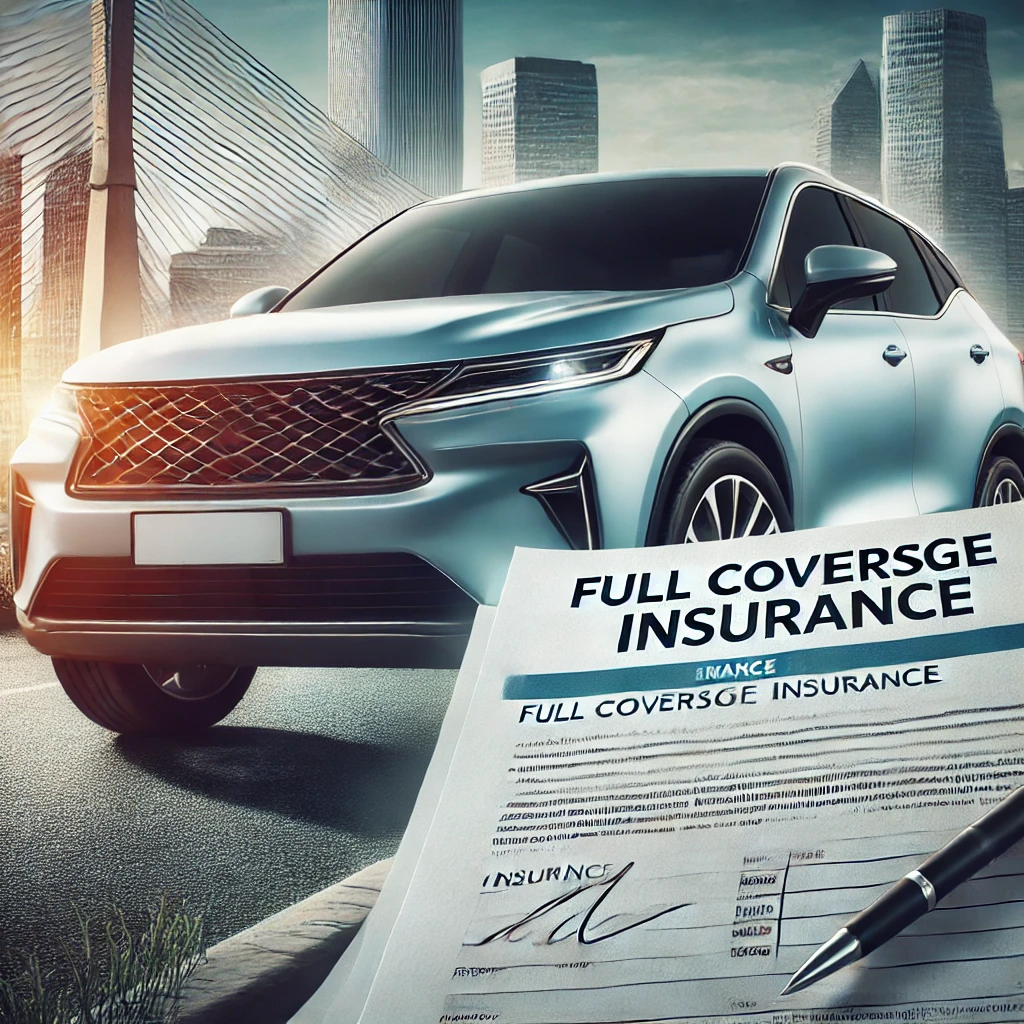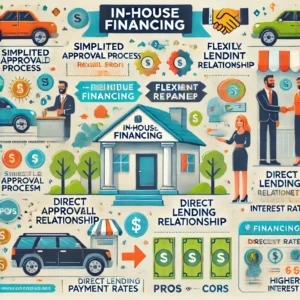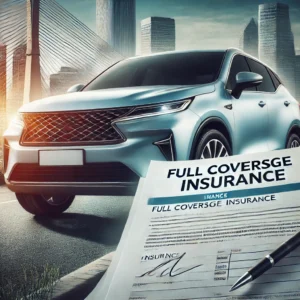Introduction
Do I Need Full Coverage on a Financed Car? | If you’ve recently financed a car, you might be wondering, “Do I need full coverage on a financed car?” The short answer is: yes, in most cases, you do. But why is that, and what does full coverage actually mean? Let’s dive deep into the details to help you make an informed decision “Do I Need Full Coverage on a Financed Car?”

Table of Contents
What Does “Full Coverage” Mean?
Do I Need Full Coverage on a Financed Car? | Full coverage isn’t a specific type of insurance but rather a combination of different coverages, including:
- Liability insurance – Covers damage to other vehicles and injuries to others if you’re at fault.
- Collision insurance – Pays for damage to your car in an accident.
- Comprehensive insurance – Covers non-collision-related damage, like theft or natural disasters.
Why Is Full Coverage Required for a Financed Car?
Do I Need Full Coverage on a Financed Car? | When you finance a vehicle, the lender technically owns the car until you pay it off. To protect their investment, they require you to carry full coverage insurance. This ensures that the car remains protected from accidents, theft, or other damages.
Types of Insurance Coverage for a Financed Car
Liability Coverage
Covers injuries and property damage if you’re at fault in an accident. However, it does not cover your own car’s damages.
Collision Coverage
Pays for repairs or replacement of your vehicle if it’s damaged in an accident, regardless of who is at fault.
Comprehensive Coverage
Protects against non-collision incidents like theft, vandalism, fire, or weather-related damage.
Gap Insurance
Covers the difference between your car’s actual cash value and the amount you owe on your loan if your car is totaled.
Legal and Lender Requirements
Most states require liability insurance, but lenders require collision and comprehensive coverage as well. If you drop full coverage, your lender might purchase “force-placed insurance,” which is more expensive and only benefits them.
What Happens If You Drop Full Coverage on a Financed Car?
If you decide to remove full coverage before paying off your loan, your lender may take action, such as adding their own insurance policy or even repossessing your vehicle.
When Can You Drop Full Coverage?
You can drop full coverage once you’ve fully paid off your car loan. However, even then, keeping comprehensive and collision insurance might still be a wise decision.
How Much Does Full Coverage Insurance Cost?
The cost varies based on factors like your driving record, location, car model, and coverage limits. On average, full coverage can range between $1,200–$2,500 annually.
Ways to Lower Your Insurance Costs
Increase Your Deductible
Opting for a higher deductible lowers your premium, but you’ll pay more out-of-pocket if you file a claim.
Bundle Insurance Policies
Combining auto insurance with home or renters’ insurance can get you discounts.
Maintain a Good Driving Record
A clean driving record means lower rates and better insurance options.
Pros and Cons of Full Coverage Insurance
Pros:
- Provides financial protection.
- Covers a wide range of damages.
- Meets lender requirements.
Cons:
- More expensive than liability-only coverage.
- May not be cost-effective for older vehicles.
Alternatives to Full Coverage
If full coverage is too expensive, consider liability plus uninsured motorist coverage or a lower level of collision/comprehensive.
How to Choose the Right Insurance Policy
- Compare quotes from multiple providers.
- Consider your car’s value and your financial situation.
- Check customer reviews for insurers.
What to Do If You Can’t Afford Full Coverage?
- Look for discounts and shop around.
- Raise your deductible to lower premiums.
- Consider a usage-based insurance policy.
Common Myths About Full Coverage Insurance
- “Full coverage means everything is covered.” – It doesn’t include maintenance or mechanical repairs.
- “It’s unnecessary if you’re a good driver.” – Accidents and thefts can happen to anyone.
- “Dropping coverage saves you money.” – If your car is damaged, you’ll pay out of pocket.
Conclusion
Do I Need Full Coverage on a Financed Car? | If you finance a car, full coverage insurance is usually a requirement, not an option. It protects both you and the lender from financial losses. Once your loan is paid off, you can decide whether to keep or drop full coverage based on your needs and budget.
FAQs
Can I have only liability insurance on a financed car?
No, lenders require full coverage until the loan is paid off”Do I Need Full Coverage on a Financed Car?”
What happens if I don’t have full coverage on my financed car?
Your lender may add force-placed insurance, which is more expensive and only benefits them”Do I Need Full Coverage on a Financed Car?”
Is gap insurance necessary for a financed car?
It’s not legally required but highly recommended, especially for new cars with fast depreciation”Do I Need Full Coverage on a Financed Car?”
Can I remove full coverage once my loan is paid off?
Yes, once your car is paid off, you can choose the level of coverage you want”Do I Need Full Coverage on a Financed Car?”
How do I find the best full coverage insurance?
Compare multiple insurers, check discounts, and consider your coverage needs”Do I Need Full Coverage on a Financed Car?”
For more information, check out this detailed guide on auto insurance requirements.






